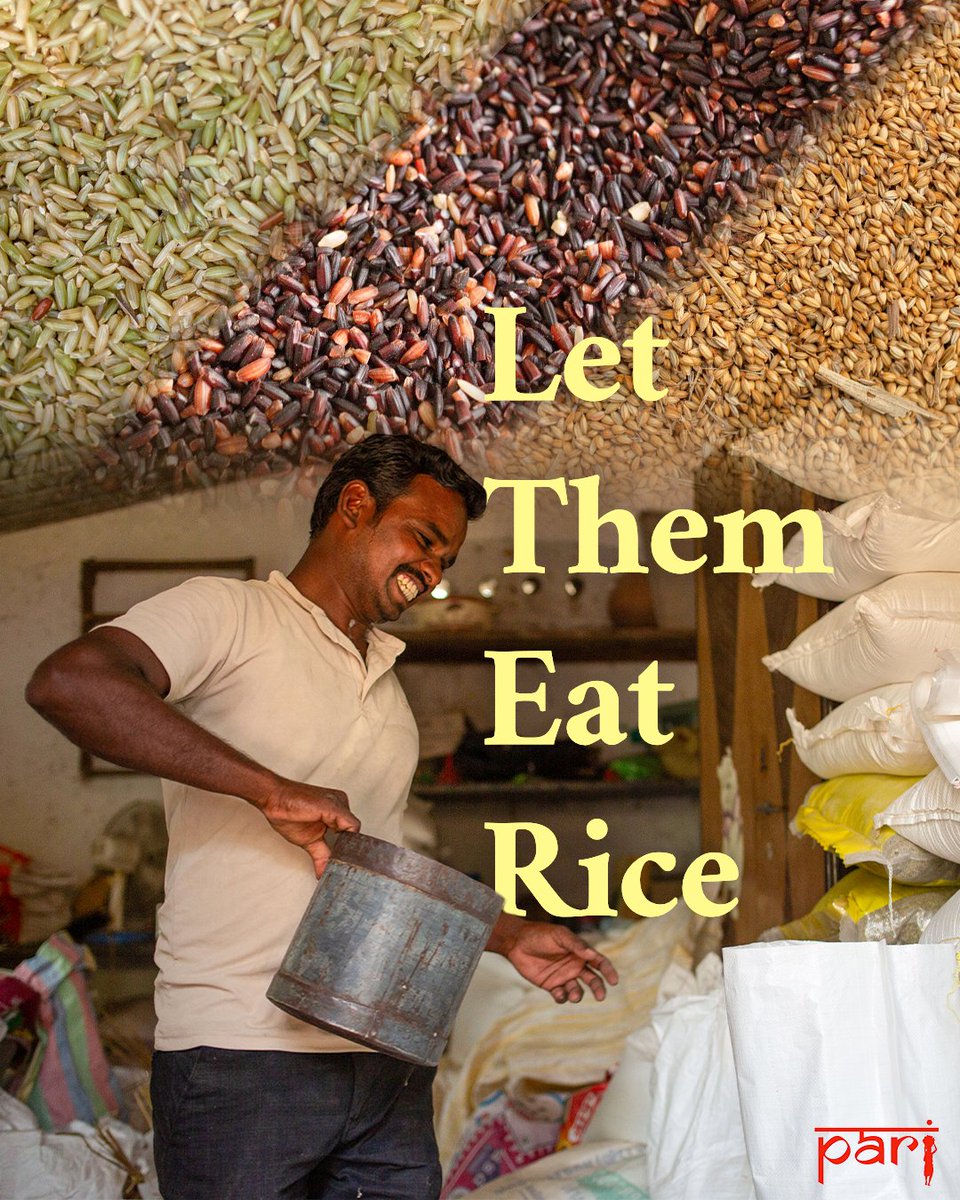The government’s ‘package’ is a curious blend of callousness and cluelessness. It’s not just one virus we’re fighting – pandemics are also a ‘package.’
@PSainath_org on what we should do about #COVID19
#Lockdown21
ruralindiaonline.org/articles/what-…
@PSainath_org on what we should do about #COVID19
#Lockdown21
ruralindiaonline.org/articles/what-…
@ShashiTharoor The central government's package in response to the Corona Outbreak has little regard for the poor and the marginalized. We hope this article by P. Sainath catches your attention.
@bainjal With not a word on how the poor public is to access food and other essentials, the two speeches by our PM sparked off a panic waiting to happen.
Further, GoIs ‘package’ responding to the crisis has little regard for the poor. Hope this article catches your attention.
Further, GoIs ‘package’ responding to the crisis has little regard for the poor. Hope this article catches your attention.
@jigneshmevani80 We hope this catches your attention! P Sainath explains why the government's package in response to the Corona outbreak has little regard for the marginalized daily wage workers and lists down measures to mitigate the extraordinary crisis for them.
@DivyaMaderna Indian government's package in response to the Corona Outbreak has little regard for the poor marginalized. This article talks about measures to make life easy for the downtrodden. We hope it catches your attention!
https://twitter.com/PARInetwork/status/1243584647667343360?s=19
@kavita_krishnan We hope this article catches your attention.
https://twitter.com/PARInetwork/status/1243584647667343360?s=19
• • •
Missing some Tweet in this thread? You can try to
force a refresh






















